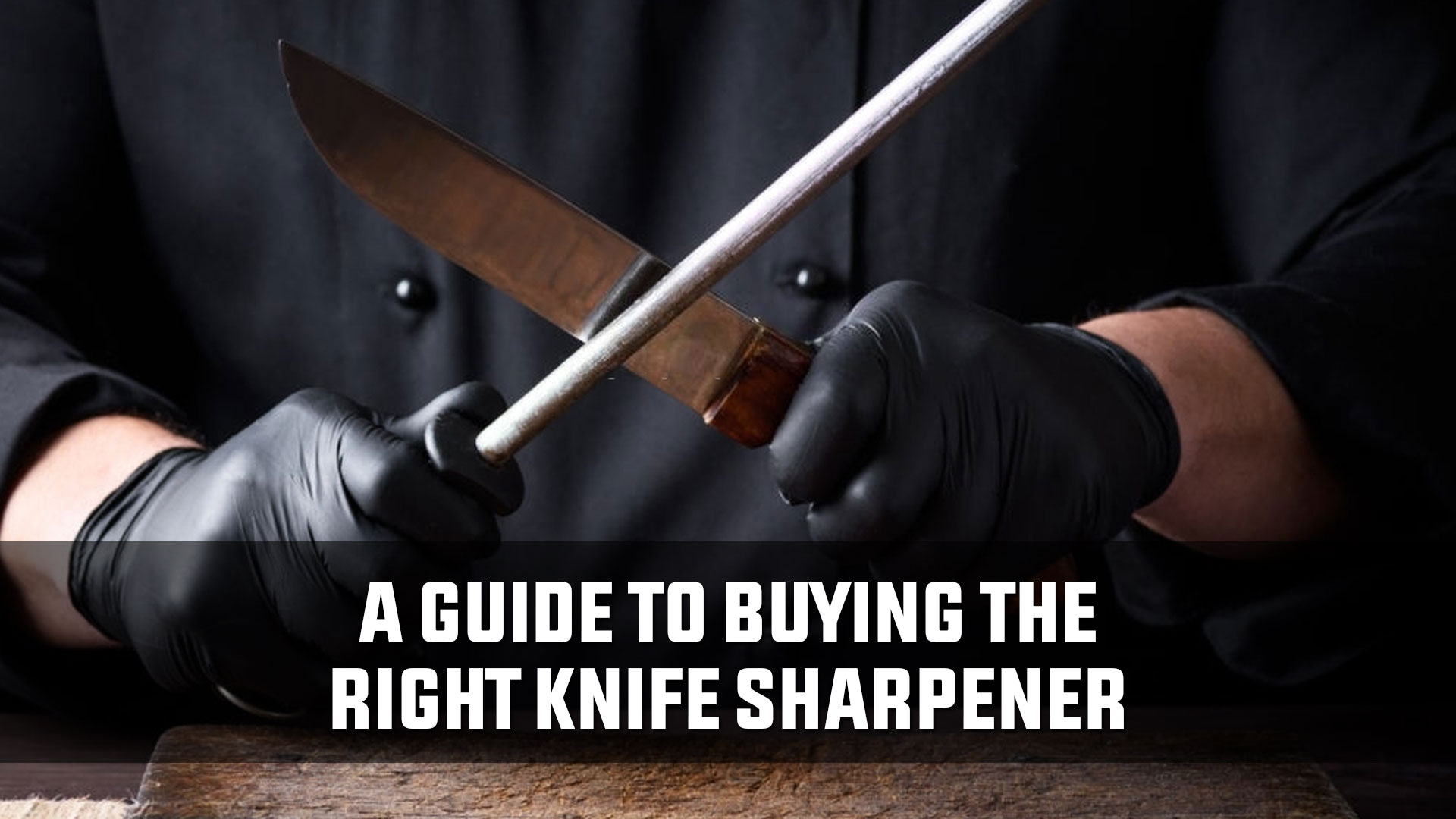A Guide to Buying the Right Knife Sharpener
Sharp knives make such a difference in the cooking process, from chopping vegetables to more demanding cuts like filleting fish, a finicky step only required for skilled cooks. Thus, having to get a hold of sharp knives at all times is necessary. A bunch of dull kitchen knives is not just bothersome; it may also be quite hazardous. There are a variety of knife sharpeners available to help you manage and maintain a sharp edge on your knife blades. If you want to know them, read on.
When you learn to sharpen your own knives, you may have control over the bevel of the edge to fit how you use each one. You may also regulate how finely the cutting edge is honed. Get to know some of the ways you can sharpen your knives:
Electric Knife Sharpeners
Electric knife sharpeners are simple to use and fast, with several sharpening choices for a wide range of blades. Many users, however, claim that electric knives employ aggressive abrasives that cause sparks—showing that the edge is overheated—remove too much metal, and can gouge blades. This shows that electricity, if not properly used, can cause damage to the knives. Many users bring up the control problem as well. This is because when an electric knife sharpener is turned on, the sharpening stones rotate. If you think that you will have issues with the way it works, you must lookout for some different options.
Sharpening Stones
Sharpening stones are one of the most popular methods for sharpening a knife. There are different types of stones you can use for sharpening knives, such as water stones. Aluminum oxide is used to make water stones and some oil stones. This sort of stone is also cleaner than an oil-based stone since it uses water to remove the powdered particles of metal from the stone. Although, because this stone is softer, it will wear out faster than other stones, necessitating periodic restoration by flattening it. Diamond-stoned sharpeners are also a great choice. They are harder than other types of stones; in fact, they are sometimes used to flatten softer sharpening stones. They are harder than other sorts of stones, and they are occasionally used to flatten softer sharpening stones.
Honing Steels or Handheld Sharpeners
Most sharpening steels, despite their name, do not really sharpen blades. A sharpening steel’s primary function is to hone a knife blade, however specific cuts or styles are capable of slight sharpening; nonetheless, steels that sharpen knives should not be used in place of the sharpeners listed above. One of the best honers in the market is the Le Beau sharpener and honer. It is a portable sharpener that can sharpen practically any type of blade. Like other handheld knife sharpeners, it is composed of nitride rods that do not strip the metal of your blade, making it a fantastic knife sharpening tool. Le Beau’s Hunter Honer Knife Sharpener is the best choice there is!
Serrated Knife Sharpeners
Due to the curvature of the blade, serrated knives can be difficult to sharpen with a stone, and most popular sharpeners, both manual and electric, will actually harm your serrated blades if used with them. However, certain knife sharpeners may fit serrated blades, so you should always verify the sharpener before purchasing. In their manuals or brochures, manufacturers will specify whether their sharpeners may be used with serrated blades. Luckily, you don’t have to look for this specific type when you have Le Beau’s Honer, their handheld sharpeners can be effective for serrated knives as well.
Choosing a knife sharpener is entirely dependent on the type of knife and your knife sharpening talents. Whichever approach you are most comfortable with and have the physical capacity to use is the ideal way for you to sharpen knives. Make sure that you are choosing something that is versatile and can be used in different kinds of blades.
